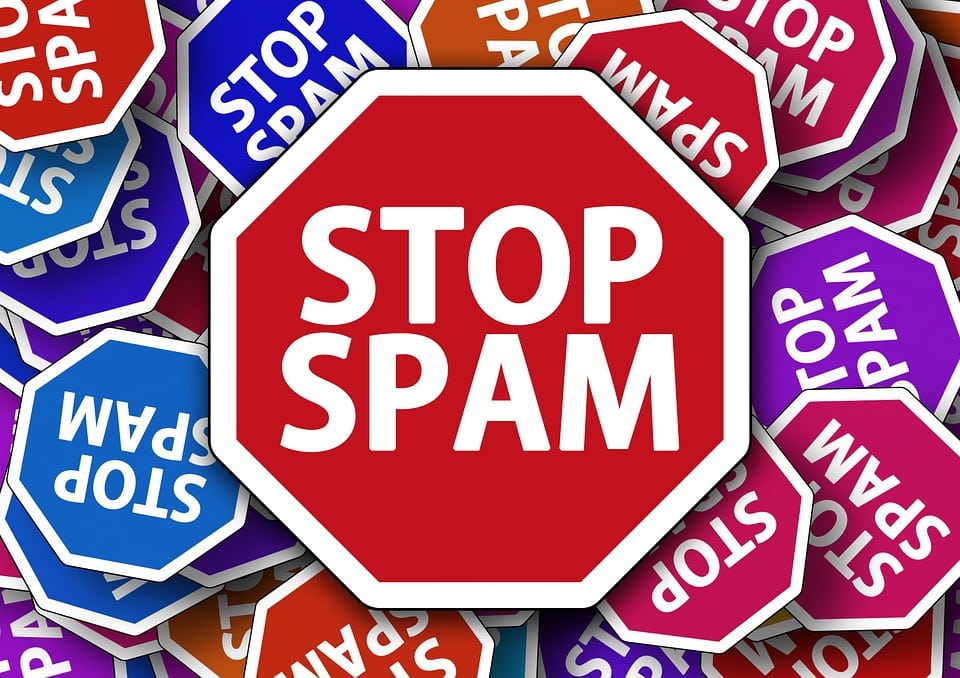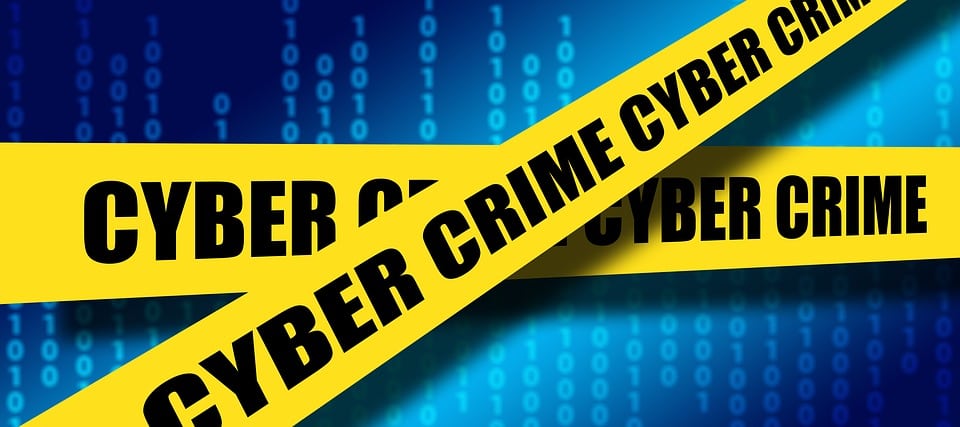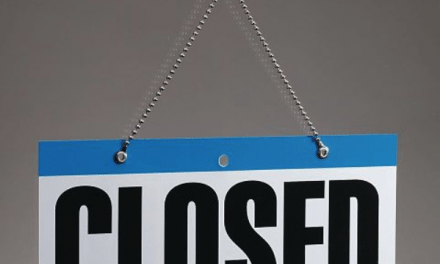Every business and organisation needs to try and protect themselves against cyber attacks. They can happen to anyone but there are a few things you can put in place to reduce the risks.
Keep Programmes Up To Date
Don’t ignore software updates as they often include extra security measures. When developers find that there is a loophole for hackers to get through, they will send updates to close the possible breach. It is not a bad idea to have your setting to do the updates automatically and then you do not have to worry about it.
Anti-Virus
A virus can ruin your systems and stop your business from working. A good anti-virus will help to prevent this happening but as with your software, it is important to keep it updated.
Have A Disaster Recovery Plan In Place
The disruption a cyber security attack can cause to your business does not bear thinking about. In fact, there have been many instances where a business has had to close because of viruses or hackers. This is usually because they have no way of retrieving the data they have lost in the attack, and so are unable to continue.
The latest technologies have made it possible to have a disaster recovery plan in place, but you need to do this before an attack happens. After all, prevention is far better than cure!
 Avoid Spam Emails
Avoid Spam Emails
Do not open an email unless it is from a trusted source, and make sure any employees do the same. Clicking on a link in one of these emails can be all that is needed to give the hackers the information they need to access your systems.
Always remember that none of the large organisations, such as banks or the Inland Revenue, will request details from you via email. If you get a request such as this, no matter how genuine the email make look, never reply by putting your details online. If the hackers, for instance, get your bank login and passwords, they would have a free reign over your finances.
Install Only Genuine Software
It may save you a few pounds to use a copy of some software you are after, but it could also ruin your systems. You should never allow anything to be uploaded where you are unsure of its origin, and always spend the extra and buy genuine software.
By the same token, you should never let anyone put a memory stick or anything similar into one of your computers. They could well contain viruses that will soon infect your systems.
Strong Passwords
Passwords should be a mixture of lower and upper case letters, numbers and special characters. You and each member of staff should have their own passwords, which should be changed on a regular basis. When things like dates of birth are the password they may well but easier for the user to remember, but they are a hackers dream.
If you have customers that have to register with a password, ensure that only strong ones are used by them as well. This is not only better security for your site, but it helps to protect your customers too.
Stay safe, keep your system protected!
+++ Collaborative Post +++

























